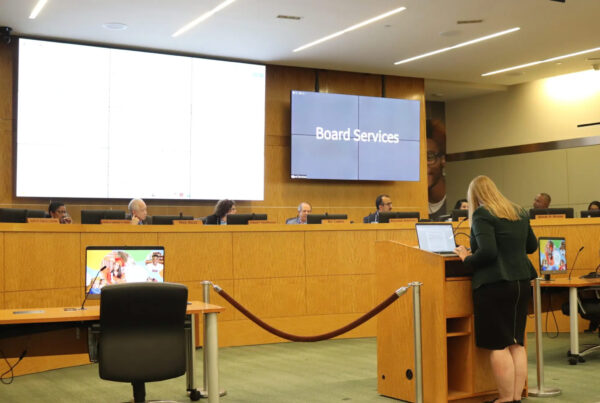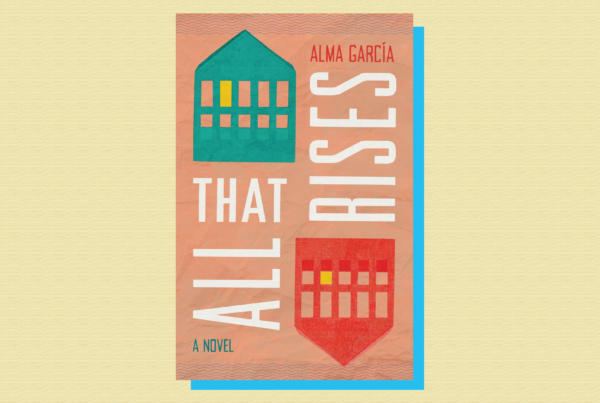The approval of new science textbooks for Texas schools this week could lead to debate about climate change education in classrooms.
The state education board, which oversees state education standards, is scheduled to vote on Friday on a list of science textbooks from third party vendors.
Earlier this month, one of the state’s railroad commissioners — the Railroad Commission oversees energy in Texas — urged elected education officials to teach the importance of fossil fuels.
However, several education and science groups say that watering down the proposed climate change curriculum would not serve students.
Keri Heath, who covers education for the Austin American-Statesman, said the state’s new science curriculum has already been approved and the next step is approval for specific books.
“Texas goes through the process of creating new standards for subjects and adopting instructional materials, such as textbooks, to go along with those standards on a pretty regular basis,” she said. “These standards, the curriculum is already in place. The board has previously voted on this, but now they’re approving textbooks that correspond to that curriculum.”
Previous standards touched on both fossil fuels and climate change, but tweaks were made in the new version of the curriculum.
» GET MORE NEWS FROM AROUND THE STATE: Sign up for Texas Standard’s weekly newsletters
“They include more information about climate change in eighth grade that’s fairly new,” Heath said. “Some of the concern from the board members is that these textbooks don’t, in their words, ‘tell both sides of the science.’ There’s concern that the idea that fossil fuels and manmade energy contribute to climate change is not settled science. And so there’s concern that these textbooks treat it as settled science.”
According to NASA, scientific evidence continues to show that human activities — primarily the human burning of fossil fuels — have warmed Earth’s surface and continued to impact Earth’s climate.
“Two organizations, the Texas Freedom Network, which is a nonprofit in Texas, and the National Center for Science Education, have looked through these textbooks,” Heath said. “And they give all except for two – which those two publishers have since withdrawn their books anyway — a passing grade on their treatment of climate change. And these groups actually say, according to a 2020 study, that Texas, with the textbooks they use right now, is falling short of where most of the country is in terms of climate change education.”
The board discussed these new books on Tuesday, and expressed some concerns about certain elements.
“They talked a lot about the details of the book. They had many, many notes about… how the textbooks cover the TEKS, which are Texas’s education standards,” Heath said. “And some members were concerned about specific pieces in some books.
For example, one commissioner raised issues with some of the photographs used to depict the fossil fuel industry. He said they were negative and did not depict the industry in a positive light. There was another member who raised an issue about balance, saying that the treatment of extreme weather in one of the textbooks was not balanced enough.”
We won’t know for sure where board members stand on the textbooks until the vote on Friday.
“Between Tuesday and Friday, the textbook companies do have an opportunity to revise their textbooks,” Heath said. “So the members were raising, in some cases, very specific concerns. And the textbook companies do have a chance to go through and make some revisions.”
Heath said that although Texas textbooks are often sold in other states, giving Texas a lot of influence on curriculum beyond its borders, that might not happen to the same degree this time around.
“Texas is a large state and a lot of publishers really cater their textbooks to Texas because we have so many districts here that buy these textbooks. It’s a really big economic opportunity. And a lot of smaller states buy these textbooks as well, which may be altered for the state, but are in large part similar,” Heath said.
“Although one of the groups I talked to, the National Center for Science Education, did say with science textbooks, many states are actually adopting a different curriculum that is a little bit more progressive towards climate change. So perhaps what happens in Texas will make a little bit less of a ripple effect on the rest of the country this time.”















